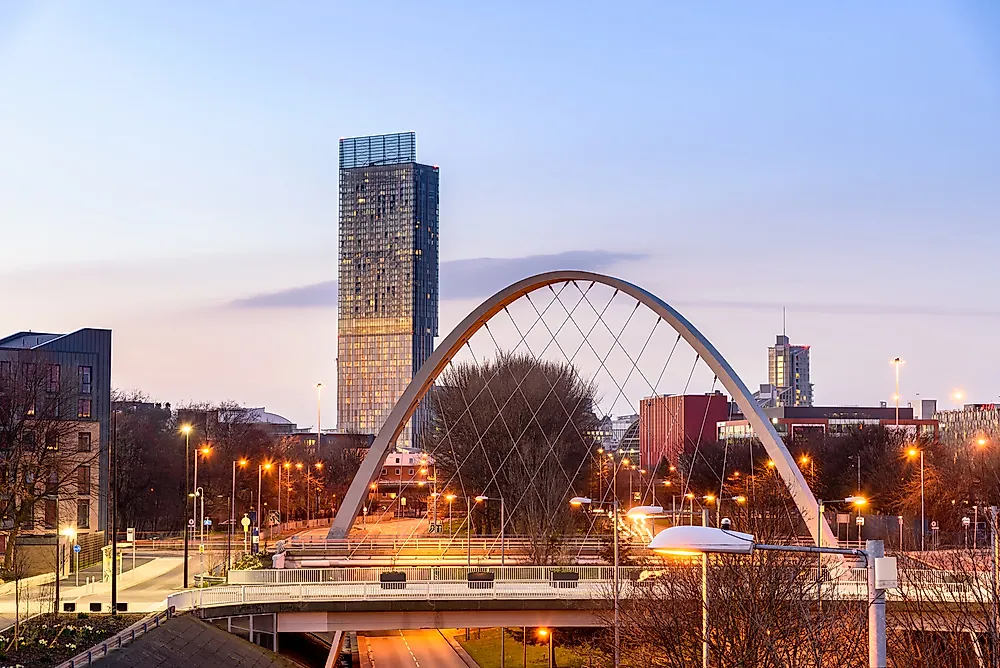The Largest Cities in England

England is part of the United Kingdom and shares its boundaries with Scotland, Wales, Irish Sea, and the Celtic Sea. It covers approximately 63% of the island of Great Britain which is in the North Atlantic. England is the most populous country in the UK with a population of around 54 million people, accounting for about 84% of the United Kingdom's total population. Its developed economy is one of the largest in the world and the biggest part of the UK’s economy. The cities of England are some of the most frequented places in the UK because of their attractions, history, and entertainment options. Here is a brief overview of some of the largest cities in England.
The Three Largest Cities in England
1. London
London is the capital and the largest city in England. It fascinates and attracts millions of tourists every year. London is located on River Thames on the southeastern side of the island of Great Britain. It covers an area of approximately 1,583 square kilometers and has a population of 8.6 million people. London is one of the leading global cities in commerce, entertainment, healthcare, media, and transportation. London is the largest financial center in the world.
2. Birmingham
The metropolitan area of Birmingham is the second most populated city in England. Known as the “city of a thousand trades,” Birmingham is approximately two-hour drive northwest of London. It covers an area of approximately 232 square miles and has a population of about 2.8 million people. Birmingham’s economy is the second-largest in the UK after London and is mainly driven by the service sector.
3. Manchester
Manchester is the third most populous urban area in the UK with a population of approximately 2.7 million people. It is located about 160 miles northwest of London and is bordered by mountain chains known as the Pennines that run from north to east. Manchester attained city status in 1853. The city was linked to the sea in 1894 when the Port of Manchester was created. In 2014, Manchester was ranked a beta world city making it the second-highest ranked British city. It is the third-most visited city in the UK after London and Edinburg. Manchester is known for its culture, sports, transportation, media, architecture, and engineering output.
The Growth of Big Cities in England
The growth of most of the largest cities in England commenced at the onset of the industrial age in the 18th century. They experienced intense development during the 19th century, changing beyond recognition. Before the Industrial Revolution, the cities were all small towns with very low population densities. Today, these big cities are credited for the industrial power of England and by extension the UK. They are major economic centers in Europe and receive millions of tourists every year.
The Largest Cities in England
| Rank | City | Population (2015) |
|---|---|---|
| 1 | Greater London | 8,674,000 |
| 2 | Birmingham (West Midlands) | 2,834,000 |
| 3 | Greater Manchester | 2,756,000 |
| 4 | West Yorkshire | 2,282,000 |
| 5 | North East | 1,957,000 |
| 6 | Liverpool | 1,525,000 |
| 7 | Sheffield | 1,375,000 |
| 8 | Bristol | 1,119,000 |











